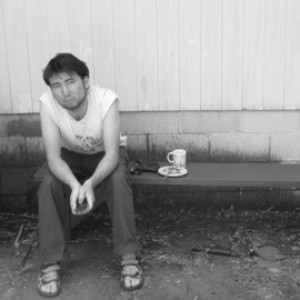
Yutaka Dirks
Yutaka Dirks is a tenant rights organizer, journalist and writer whose work can be found in Alberta Views, THIS, rabble.ca, Ricepaper Magazine, the Journal of Law and Social Policy, and elsewhere.
-

The rise of the real estate state
-
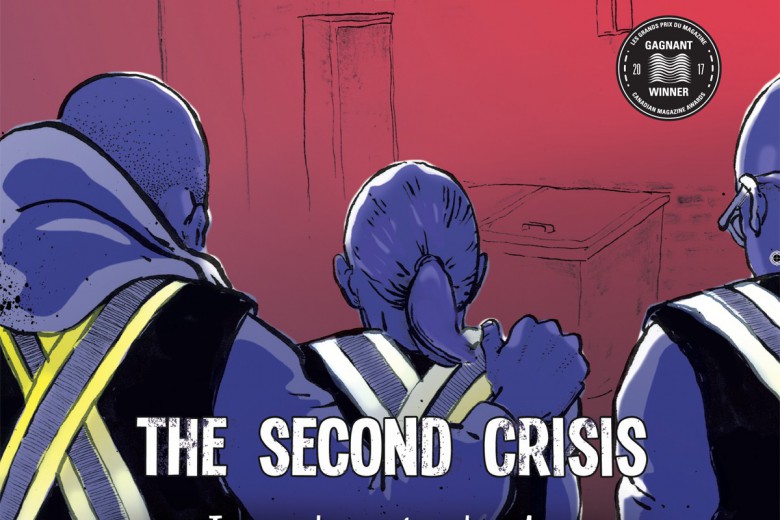
Moving Past Precarity
-
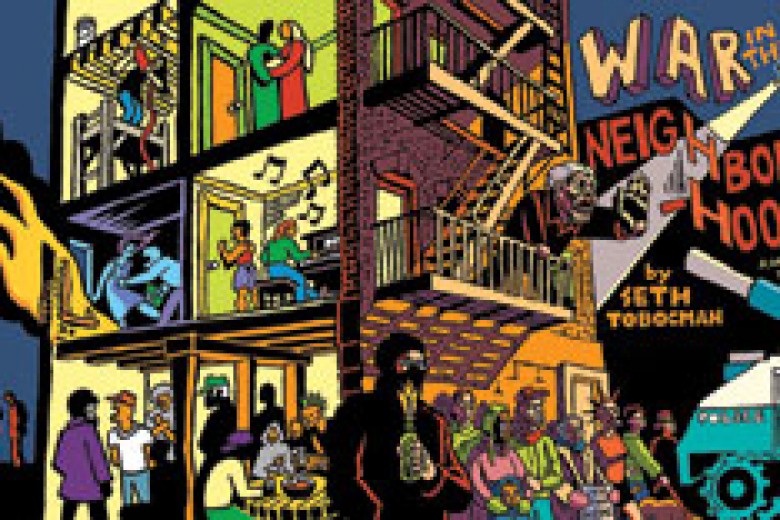
War in the Neighborhood
-
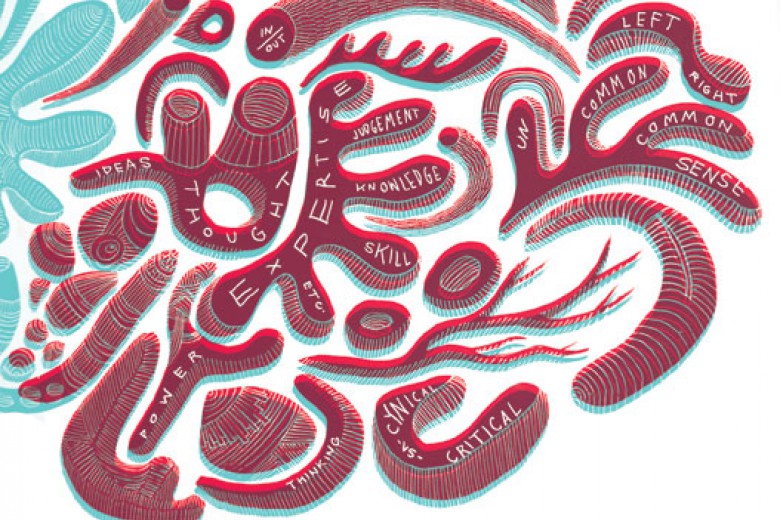
Why the Left Needs Experts
-
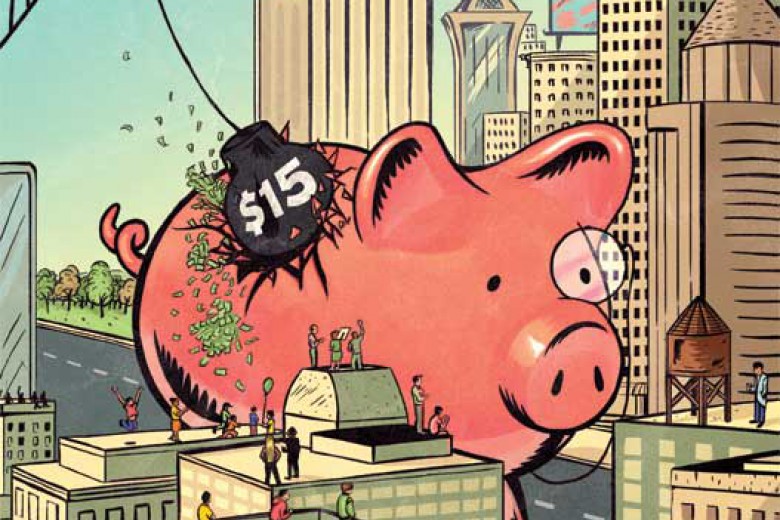
What’s at Stake in the Fight for $15?
-
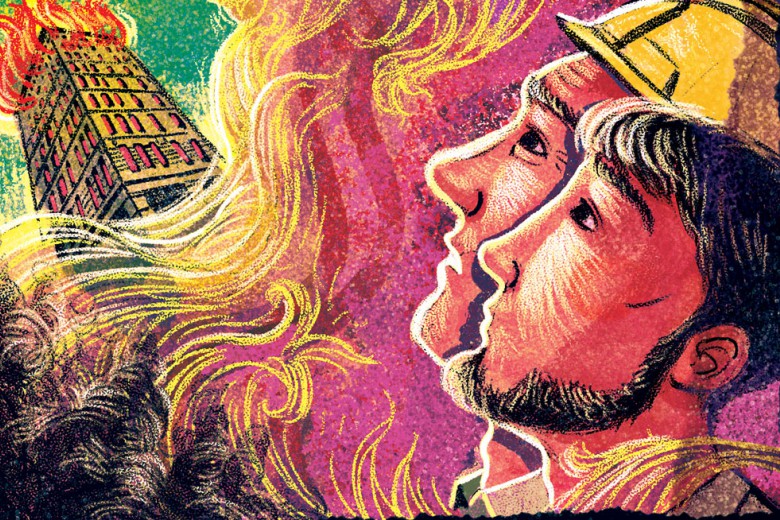
Father, Son, and the Alberta Housing Boom
-

The Art of the Possible
-

Creative writing contest winners!
-
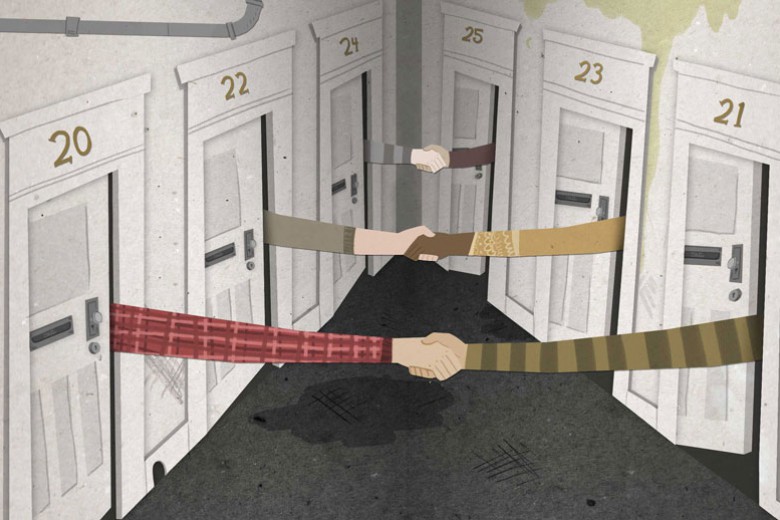
Evicting the landlord
-

Until the heart is revealed
-
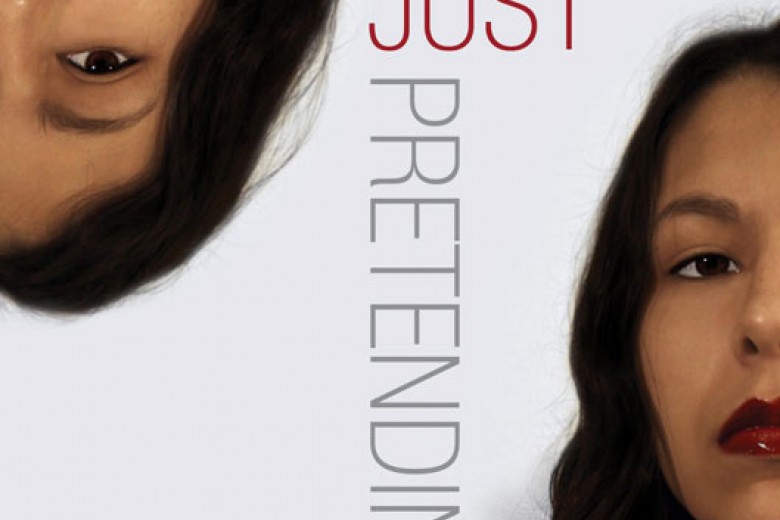
Just pretending
-
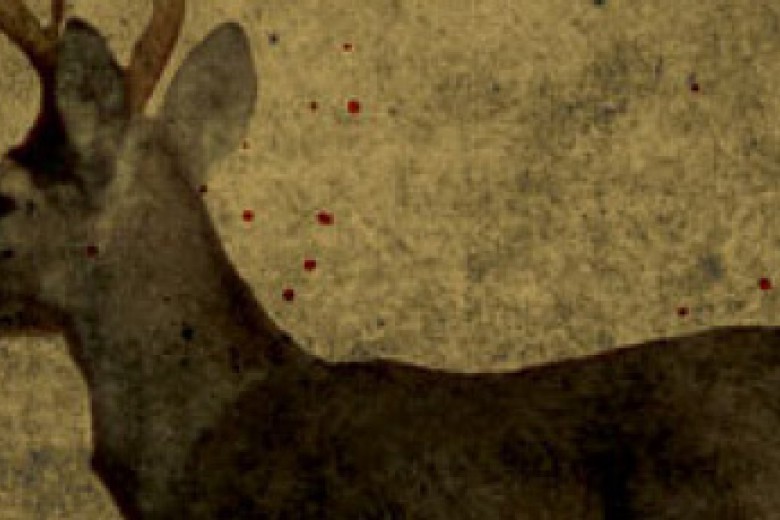
An accidental scarring
-

Good ideas are not enough
-
Announcing Writing in the Margins contest winners!
-

Stories mapping place and power
-
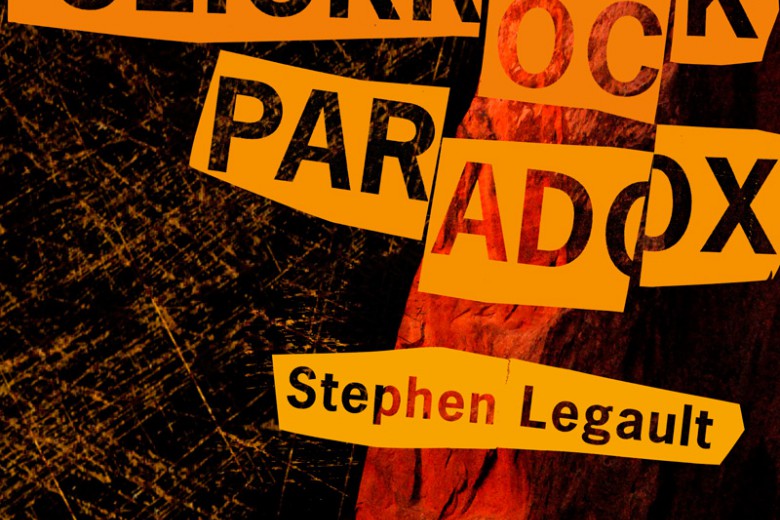
Monkeywrench murder mystery
-

Heartbreaking vanishing acts
-
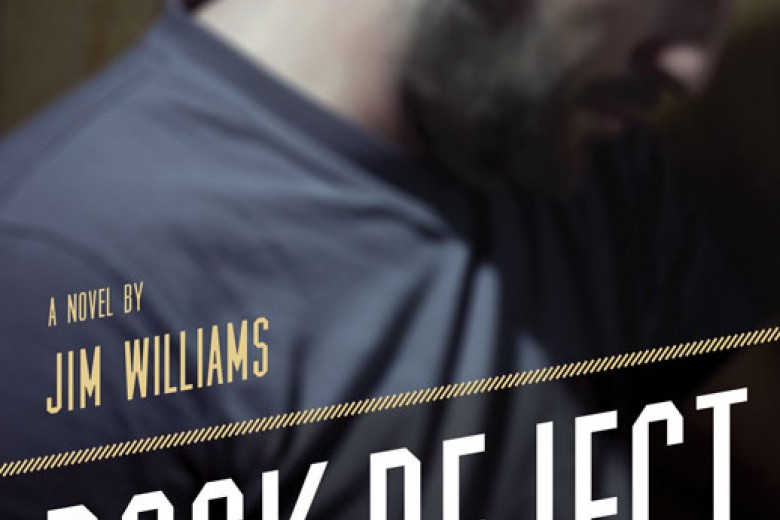
Tragic yet hopeful tales of inner struggle and solidarity


